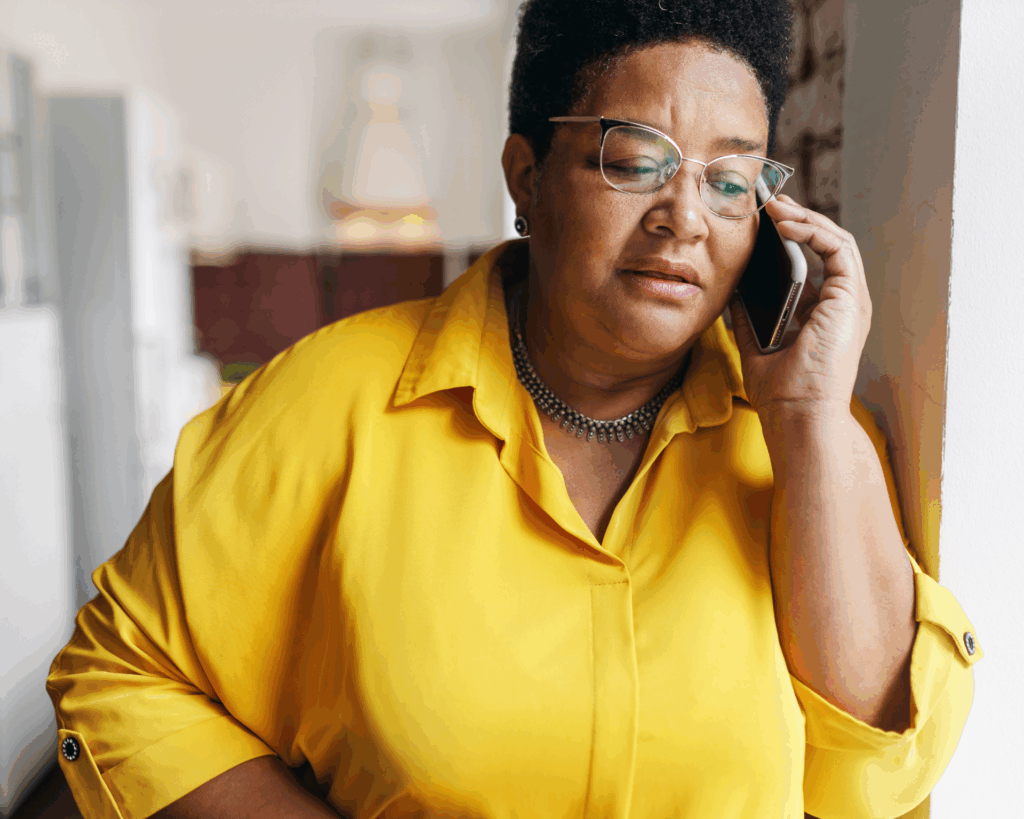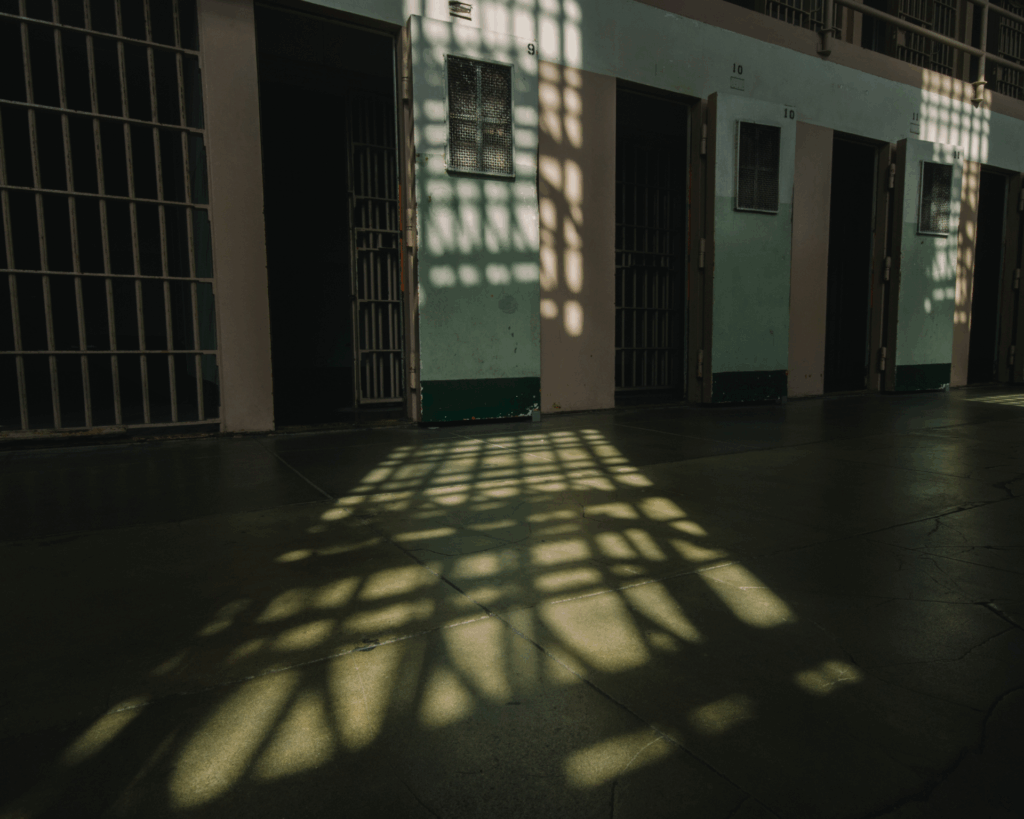Trump Shreds LGBT Health Protections
The Trump administration proposed regulations that would complicate LGBT individuals' access to essential health services, further exacerbating disparities.

Read Time: 4 minutes
Published:
This month we celebrate the 50th anniversary of the Stonewall riots that marked a turning point in the struggle for LGBT liberation and equality. One the eve of this commemoration, the Trump administration proposed a slew of regulations that would make it harder for LGBT individuals—and especially transgender people—to access health care, elder services, homeless shelters, and other essential services.
First, the Trump administration finalized a health care regulation to “protect” the “statutory conscience rights” of health care providers. Under this rule, providers and staff who have religious objections to certain procedures can refuse to provide them to patients. While the final rule focuses on abortion, assisted suicide, and sterilization, the language mirrors that of religious refusal laws in 12 states that authorize the denial of services, including health care, on the basis of religious or moral belief. Potential conduct protected by the final rule could include a refusal to provide care to LGBT people, same-sex couples, and their children.
The rule also threatens HIV prevention efforts for gay and bisexual men and transgender women in Africa and elsewhere that have been supported by the US President’s Emergency Plan for AIDS Relief over the past decade. It states that funding recipients cannot be required to “endorse, utilize, make a referral to, become integrated with, or otherwise participate in any program or activity to which the organization has a religious or moral objection.” This could mean that organizations working in the global south could refuse to work with LGBT people, sex workers, people who use drugs, prisoners, migrant workers, and others who are at elevated risk of HIV infection and already extremely marginalized and vulnerable.
Also in May, Trump proposed to rollback a 2016 rule prohibiting discrimination on the basis of gender identity in federally-funded health care facilities and programs. The rule also prohibits some forms of sexual orientation discrimination that constitute sex stereotyping. For example, refusing to help a lesbian or gay couple with fertility assistance because the provider believes that “every child needs a mother and a father” could constitute sex stereotyping and therefore violate sex discrimination laws.
These proposed changes could allow health care providers and elder service providers to discriminate against LGBT people.
The proposed regulation would also remove explicit sexual orientation and gender identity nondiscrimination language from several other programs, including: federal and state health insurance exchanges and qualified health plans, Medicaid, and the Program of All-Inclusive Care for the Elderly (PACE), which serves nursing-home-eligible elders.
These proposed changes could allow health care providers and elder service providers to discriminate against LGBT people. Anti-LGBT discrimination in health care is widespread, and can act as a barrier to both preventive and emergency health care. The proposed rule contradicts the policy of the Joint Commission, which since 2011 has required health care organizations to have sexual orientation and gender identity nondiscrimination policies. It also runs contrary to the recommendations of professional medical associations. A letter from 31 associations, including the American Medical Association and the American Academy of Nursing, opposed the Trump refusal rule. Many LGBT elders fear discrimination in services, and may go back into the closet to access them. The rescinding of PACE nondiscrimination protections will likely exacerbate greater rates of social isolation among LGBT elders.
Also in May, the administration said that faith-based homeless shelters can refuse to admit transgender people.
President Trump ended the month by touting his push to get the more than 70 countries that criminalize homosexuality to repeal their laws. While this move is welcome, Trump’s domestic policies will make it harder for LGBT people to access health care and elder services, and will exacerbate disparities. Trump is implementing the agenda of the religious right to remove all legal protections for LGBT people. It may be that his one pro-LGBT move is designed to muddy the waters and distract from his overwhelmingly anti-LGBT policies.
Photo by Steve Johnson on Unsplash



